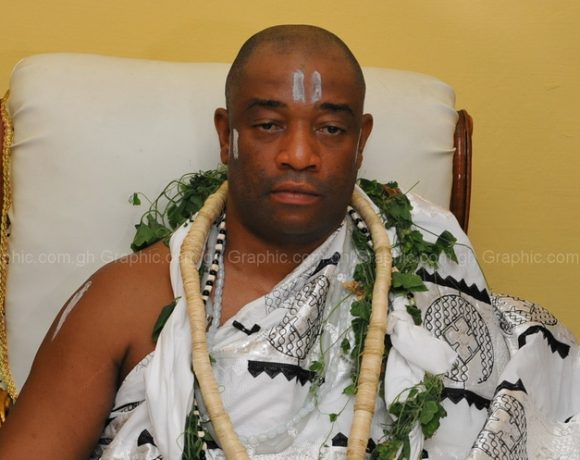Procurement processes for Covid fight in Ghana lacked adequate transparency – GII

The Ghana Integrity Initiative (GII) has said its Corruption Risks Assessment which evaluated the risks of corruption in government’s interventions revealed inadequate transparency with regards to the procurement processes related to Covid-19 interventions Rolled out by government.
The revelation of opacity in the procurement processes regarding the COVID-19 interventions, GII said, was further compounded by inadequate publication and accessibility of procurement contracts by the people of Ghana.
“While the situation was not unique to Ghana, the hardships which have ensued after the blatant abuse of public resources in the name of mitigating the effect of the pandemic on the people has left many questions than answers on the minds of Ghanaians.
“Various risks assessments undertaken on COVID-19 interventions globally by Transparency International and other development partners on COVID-19 interventions point to the fact that in an attempt to curtail the spread of the pandemic Governments around the globe took drastic decisions on life saving measures, as a result, overlooking laid down principles, rules and regulations of procurement, such as resorting to competitive bidding methods of procurement verifying suppliers, ensuring value for money and determining fair and competitive prices and instead resorted to the use of infamous sole sourcing and restrictive tendering methods,” the GII said in a statement to mark the African Union Anti Corruption Day on Sunday July 11.
The Finance Minister Ken Ofori-Atta appeared before Parliament on Wednesday June 22 to account for how the Covid funds were utlised.
He explained, among other things, that in the area of free water and electricity for lifeline consumers, an amount of “¢200m was made available for free water and electricity for lifeline consumers, out of this, ¢143m utilized.”
He further said that “Though our response was bold and decisive and compassionate, it has also been costly. Mr Speaker, you will recall that on 30th March 2020, I made a statement to Parliament that the economic impact of Covid 19 pandemic on the economy of Ghana following the implementation of the coronavirus alleviation programme commenced.
“Furthermore, during the presentation of the 2020 mid year budget fiscal policy, I indicated that the supplementary request included the programme funding of ¢19.3billion from various funding sources to support the budget both directly and indirectly. On the expenditure side, an amount of ¢11. 16billion was programmed for Covid-19 related expenses. The difference of ¢8.14 billion was progarmme to provide for shortfall in revenue.
“In 2021, the budget programme of a total amount of ¢4.6billion for Covid-19 related expenses. It is worth noting that the Ministry of Finance mobilizes the needed financial resources whiles the various Covid-19 interventions and related expense were implemented by the relevant sector ministries and agencies.”
But GII said this cannot be described as accountability.
“It is instructive to indicate that in June 2022, the Minister of Finance, presented to Parliament a statement of accounts on the resources for COVID-19 intervention.
“However, suffice to say, that the Minister’s presentation cannot be construed to constitute an audit or accountability as it focused on the headline items rather than the detailed expenditure and compliance issues regarding the use of public funds,” the GII said.
Source: Laud Nartey|3news.com|Ghana




